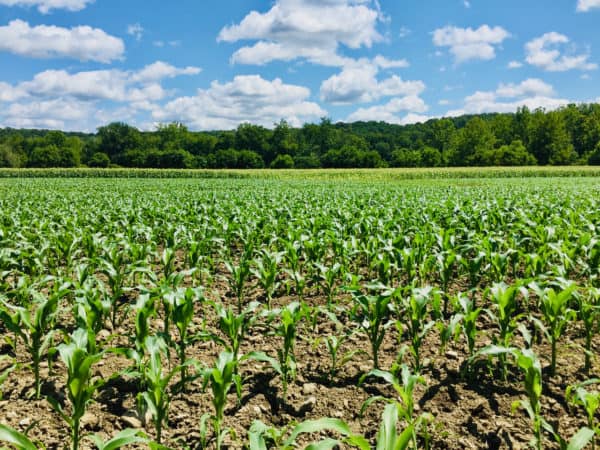
Oxfam’s Sri Lanka division, an organization working to end the injustices that cause poverty, announced on November 4 the success of the first season of its blockchain-powered delivery of microinsurance to Sri Lanka’s smallholder paddy field farmers.
Etherisc, an Insurtech firm that’s creating a protocol for building decentralized insurance applications, and Aon plc, a multinational professional services firm offering risk, retirement, and health solutions, have helped Oxfam develop the blockchain-based solution.
According to a release:
“After the coordinated launch earlier this year with 200 farmers enrolled who are at risk of losing their crops due to extreme weather, the system made pay-outs to farmers in this initial operations phase. The companies will now move forward by seeking solutions to some of the challenges identified in the next phase of the project as cropping season starts in November.”
The follow-on phase will focus on making refinements to the system by enhancing its overall efficiency, while scaling the platform so that more farmers can access the microinsurance solution.
Michiel Berende, the chief inclusive officer at Etherisc, stated:
“We are proud to have real-world, on-the-ground success from a blockchain solution for microinsurance. We are delighted with the first phase results and we are excited to drive on and help more farmers.”
As noted in the release, the coordinated effort involves Oxfam’s Sri Lanka branch, which has experience working in agriculture, strong engagement with the country’s farmer-community, and an understanding of why agricultural insurance can be beneficial.
The blockchain-enabled solution went through testing as a part of Oxfam Sri Lanka’s insurance project. The organization’s efforts were supported by Aon’s expertise in providing reinsurance and key insights, and Etherisc’s expertise in leveraging distributed ledger technology (DLT) to enhance insurance solutions. Oxfam Sri Lanka’s partner, Sanasa Insurance, also took part in the project by offering its expertise, networks, and operational execution, the release noted.
As explained in the announcement:
“Historically, there were major barriers preventing farmers from utilizing insurance, including the lack of affordable and reliable insurance products, a lack of understanding about how insurance would help a farmer survive, and when and how a claim would be paid.”
This new DLT-based solution aims to address these issues by automating the insurance process. This greatly simplifies the claims process so that farmers are not required to submit claims, meanwhile, the insurer does not have to work with a claims adjuster. This helps to reduce administration costs, which leads to “a higher percent of premiums being used for claims payment and immediate, fully trusted pay-out,” the release mentioned.
During the first season, the group identified key areas that need to be improved when moving forward. For instance, many farmers do not have mobile devices or Internet access, which means the project’s managers might offer offline solutions and devices through local insurance support from Sanasa so that the registration process can be completed.
The project’s managers might also create a network of data sources to supplement the automated data obtained from local weather stations. Farmers usually handle transactions with cash or cheques, which makes it difficult to provide automated payouts. In order to address this issue, the project’s managers will have to research different mobile payment options in Sri Lanka.
The project’s members will be attending the Decentralized Insurance Conference in Malta on November 5–6. During the event, the members will reveal the results of the first season and go over the different pathways for moving forward into the project’s second phase.

